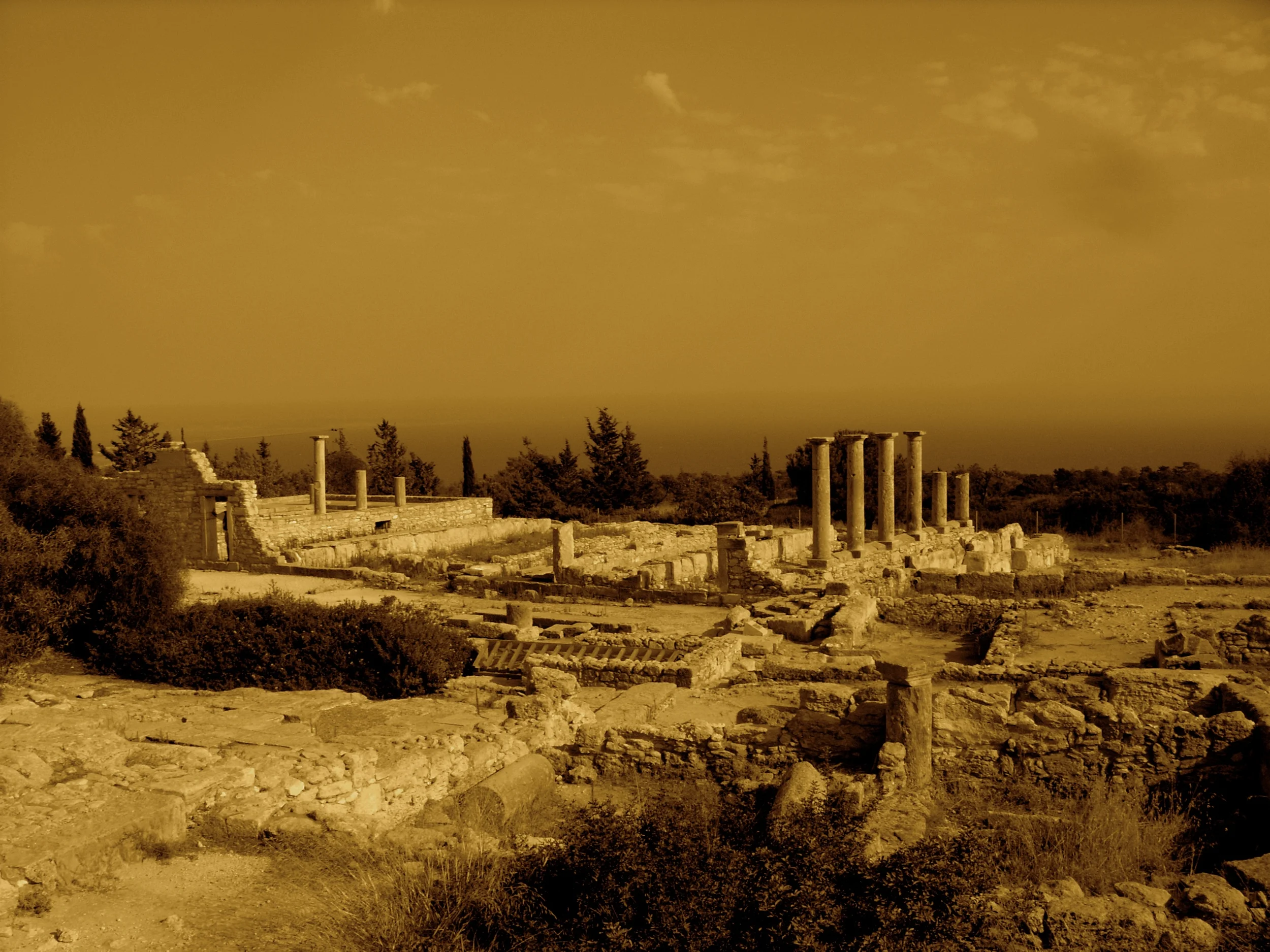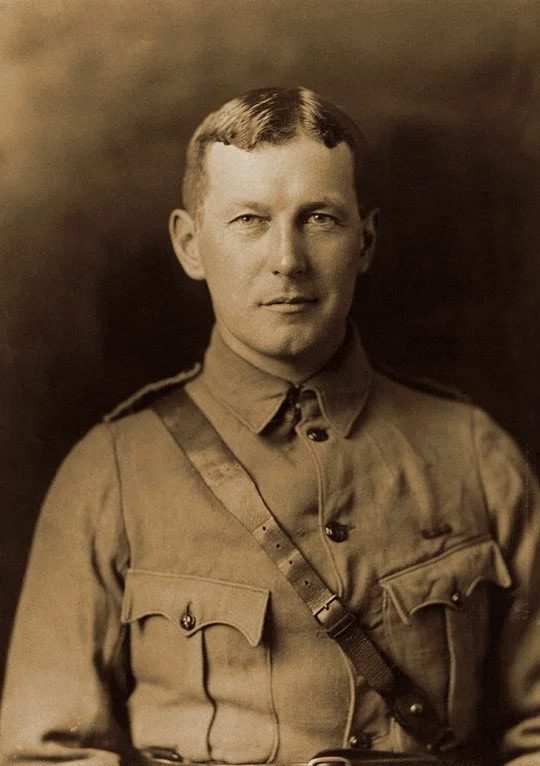In Flanders Fields
/John McCrae
One of the most poignant reminders of World War I is the moving poem, ‘In Flanders Fields’, written by John McCrae, a Canadian army doctor, following the death of his close friend and compatriot Lieutenant Alexis Helmer. Helmer was killed on 2 May 1915 when a shell exploded during the second German gas attack. In the absence of a chaplain, McCrae conducted the funeral service for his friend himself. Grief and the trauma of war inspired his poem.
At the time, Major John McCrae was working in a field dressing station on the road between Ypres and Boezinge. While there, he was mainly involved in treating victims of the German gas attacks. Soon after he wrote the poem, he was transferred, as Chief of Medical Services, to a Canadian field hospital in France, where the wounded from the battles of the Somme, Vimy Ridge, Arras, and Passchendaele were treated.
McCrae discarded the sheet of paper on which he had written the poem. It might never have been published but for a fellow officer who found McCrae’s notes and sent them to a number of London magazines. The poem first appeared in the magazine Punch and immediately touched the hearts of the British people.
In the summer of 1917, John McCrae suffered attacks of asthma and bronchitis, almost certainly as a consequence of inhaling chlorine gas during the Second Battle of Ypres. On 23 January 1918, McCrae fell ill with pneumonia and was admitted to hospital. He died five days later at only 46 years of age. McCrae is buried in Wimereux, north of Boulogne (France).
In Flanders fields the poppies blow
Between the crosses, row on row,
That mark our place; and in the sky
The larks, still bravely singing, fly
Scarce heard amid the guns below.
We are the Dead. Short days ago
We lived, felt dawn, saw sunset glow,
Loved, and were loved, and now we lie
In Flanders fields.
Take up our quarrel with the foe:
To you from failing hands we throw
The torch; be yours to hold it high.
If ye break faith with us who die
We shall not sleep, though poppies grow
In Flanders fields.



